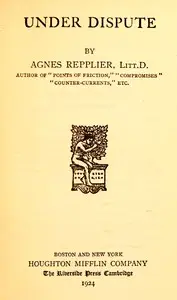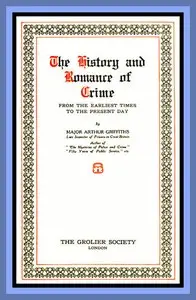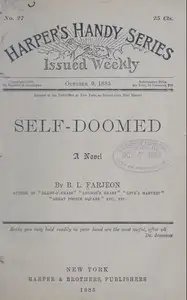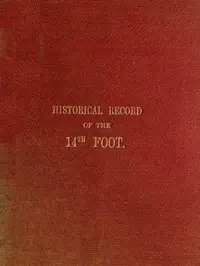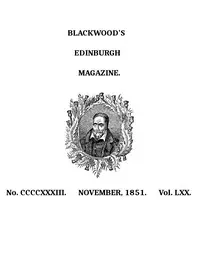"And What if the Pretender should Come?" by Daniel Defoe is a political pamphlet written in the early 18th century. The work presents a discussion surrounding the potential accession of James Francis Edward Stuart, known as the Pretender, to the British throne. Defoe explores the implications of such a change, weighing the perceived advantages and disadvantages associated with a Stuart monarchy versus the existing Hanoverian regime. In this pamphlet, Defoe articulates arguments both in favor of and against accepting the Pretender as king. He examines concerns over the legitimacy of the Pretender's claim, the fear of French influence and Catholicism, and the anxieties rooted in changing political dynamics. Defoe suggests that welcoming the Pretender could lead to numerous benefits for Britain, including financial relief from national debt and a strong alliance with France that would secure peace and stability. He argues for a more united government, suggesting that under the Pretender, Britain could avoid the strife that had plagued it under parliamentary rule. Ultimately, the pamphlet aims to provoke thought and discussion about the potential benefits of the Pretender’s rule, countering contemporary fears with a vision of a prosperous and secure nation. (This is an automatically generated summary.)

And What if the Pretender should Come? Or Some Considerations of the Advantages and Real Consequences of the Pretender's Possessing the Crown of Great Britain
By Daniel Defoe
"And What if the Pretender should Come?" by Daniel Defoe is a political pamphlet written in the early 18th century. The work presents a discussion sur...
Daniel Defoe was an English novelist, journalist, merchant, pamphleteer and spy. He is most famous for his novel Robinson Crusoe, published in 1719, which is claimed to be second only to the Bible in its number of translations. He has been seen as one of the earliest proponents of the English novel, and helped to popularise the form in Britain with others such as Aphra Behn and Samuel Richardson. Defoe wrote many political tracts, was often in trouble with the authorities, and spent a period in prison. Intellectuals and political leaders paid attention to his fresh ideas and sometimes consulted him.









